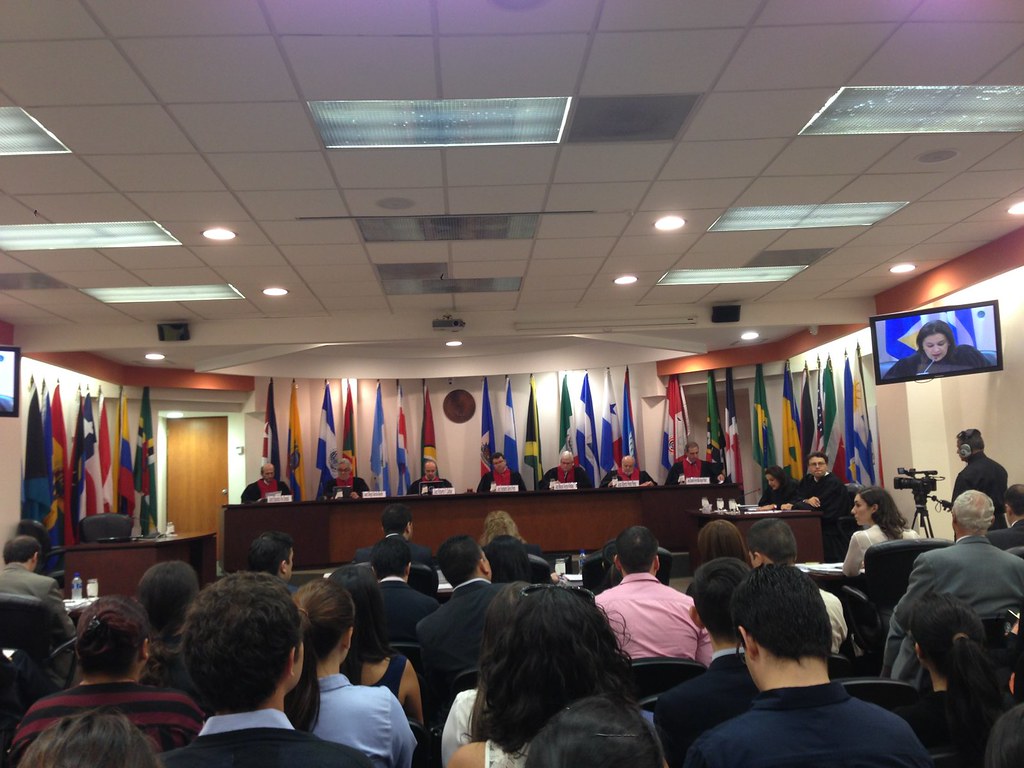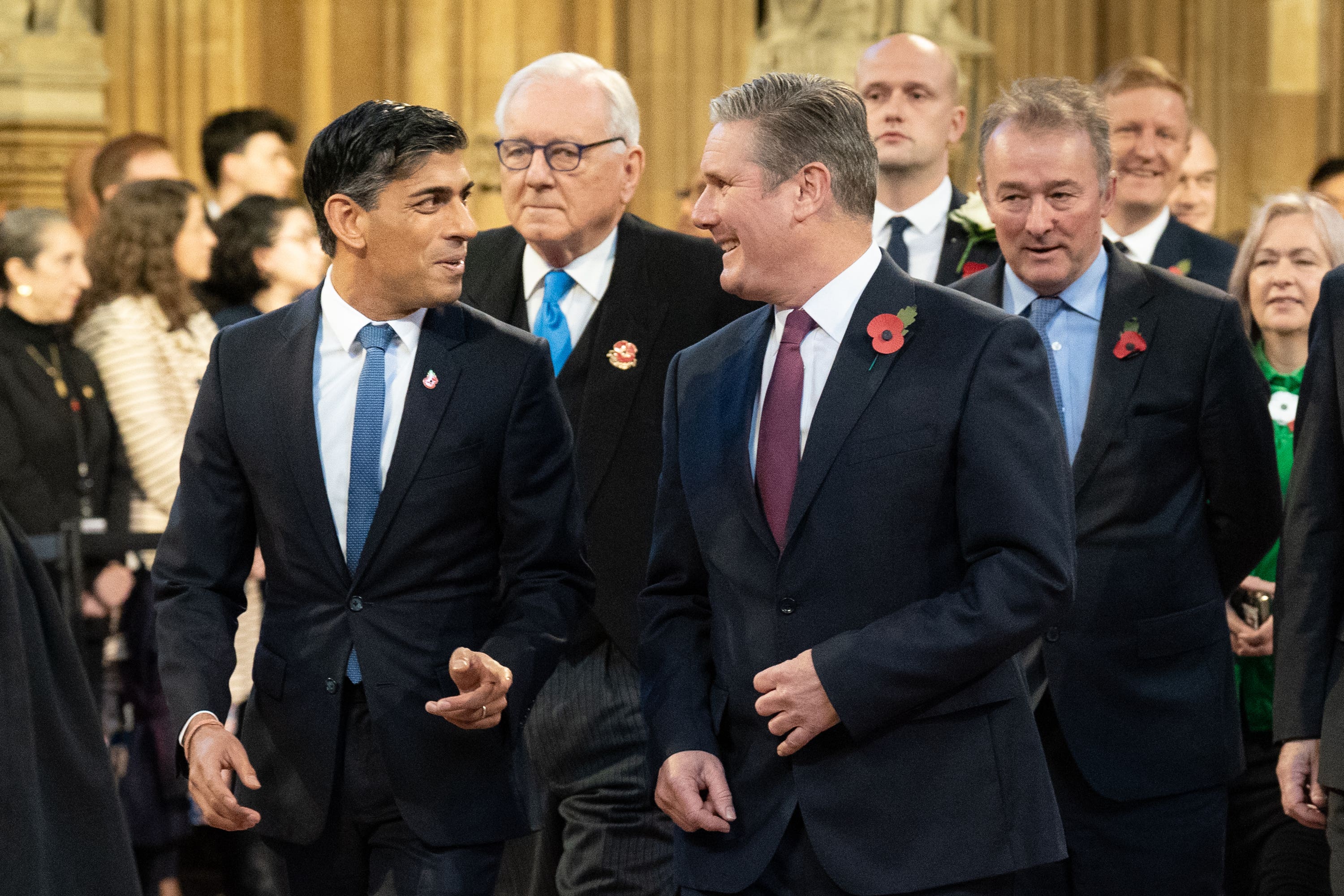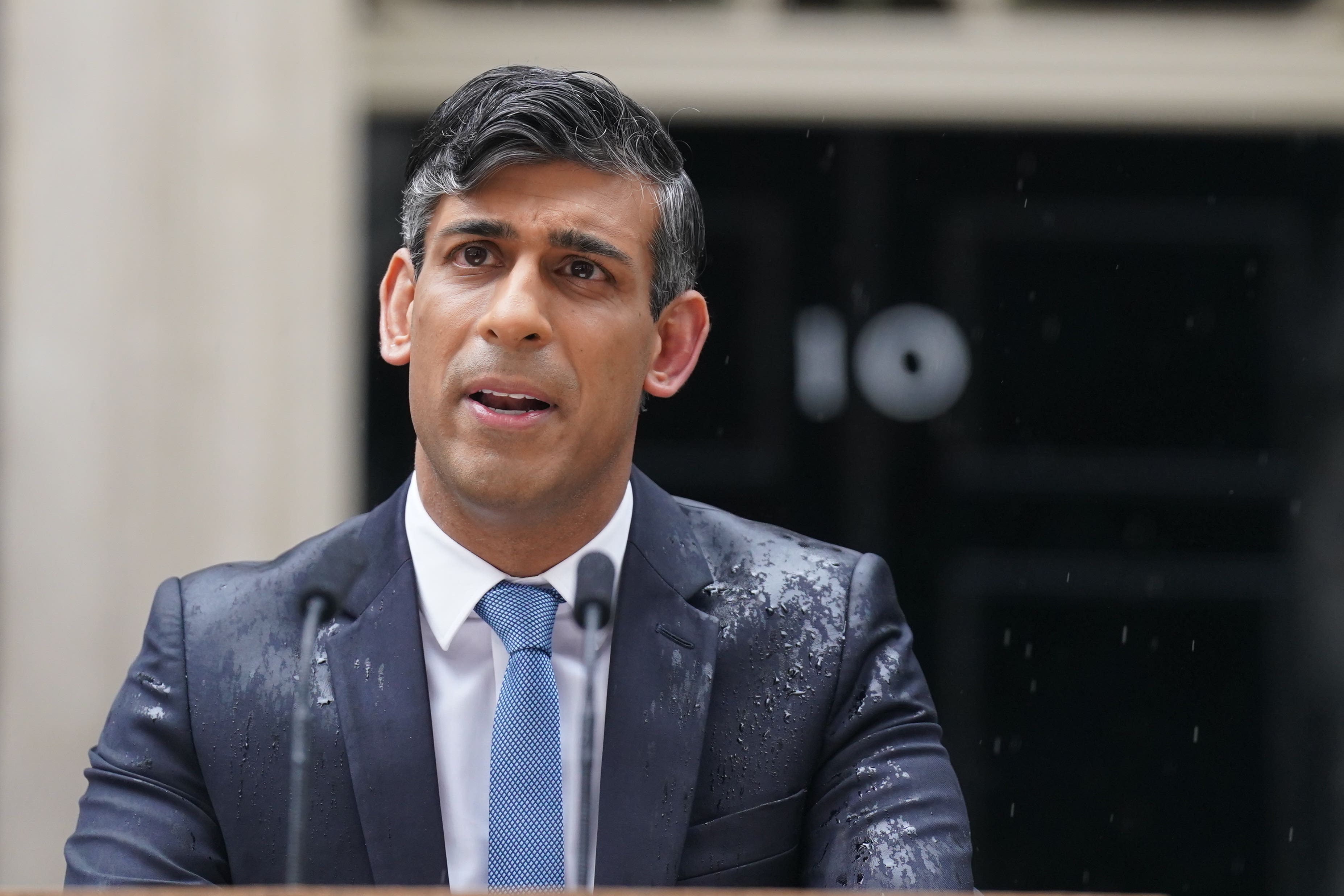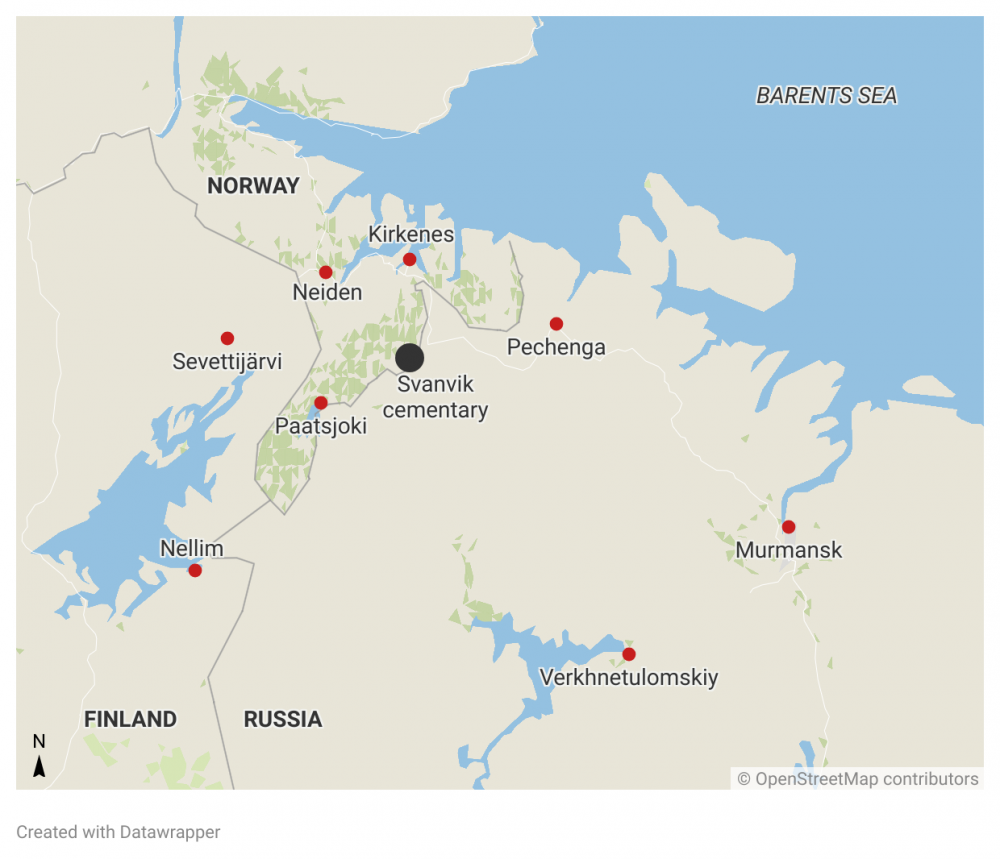Boeing CEO Dave Calhoun blasted in US Senate hearing while apologising for safety woes

Boeing CEO Dave Calhoun speaks with reporters ahead of meeting with US senators on Capitol Hill in Washington, US, Jan 24, 2024.
PUBLISHED JUNE 18, 2024
WASHINGTON — US senators on Tuesday (June 18) attacked the CEO of Boeing for the planemaker's tarnished safety record, overshadowing his apology to families who lost loved ones in two 737 MAX crashes and acceptance of responsibility after a January mid-air emergency.
Chief Executive Dave Calhoun faced repeated questions about how much he is paid, Boeing's safety culture, and why he is not immediately resigning instead of retiring by year's end, at a hearing before the Senate Permanent Subcommittee on Investigations.
"I am proud of every action we have taken" Calhoun said in response to harsh questioning from Republican Senator Josh Hawley who asked, "why haven't you resigned?" and accused Calhoun of "strip-mining" Boeing while earning a multimillion-dollar pay package.
Calhoun's total compensation in 2023 rose to US$32.8 million (S$44.2 million), a 45 per cent increase from the US$22.6 million he received the previous year.
The hearing marked the first time Calhoun had faced lawmakers' questions and put the spotlight on Boeing's souring safety reputation and the CEO who said in March that he plans to step down by year-end amid a management shakeup by Boeing.
Senator Richard Blumenthal, who chairs the subcommittee, called the proceeding a "moment of reckoning" for Boeing and told the hearing there was overwhelming evidence that the US Justice Department should pursue prosecution against Boeing.
"As a former federal prosecutor and state attorney general I think that the evidence is near-overwhelming to justify that prosecution," Blumenthal said.
Prosecutors have until July 7 to inform a federal judge in Texas of their plans. The Justice Department found in May that Boeing had failed to "design, implement, and enforce a compliance and ethics programme" as part of complying with a deferred prosecution agreement following the fatal crashes.
Calhoun took responsibility for incidents that have thrust Boeing into crisis over the last five years, acknowledging that the Alaska Airlines door plug incident on Jan 5 was the result of a manufacturing defect.
Boeing also took responsibility for the development of a key software system linked to the 2018 and 2019 fatal crashes in Indonesia and Ethiopia which killed a combined 346 people.
"I am here in the spirit of transparency and I am here to take responsibility," Calhoun told reporters earlier as he walked into the hearing room. At the beginning of the hearing, Calhoun turned to the crash victims' families and said: "I apologise for the grief that we have caused," adding the company was "totally committed" to addressing safety concerns and calling the families' losses "gut-wrenching."
Boeing's chief engineer, Howard McKenzie, played down safety concerns about hundreds of incorrectly tightened fasteners on some of the planemaker's widebody 787 jets. The discovery of the fasteners was first reported by Reuters last week.
McKenzie confirmed that the fasteners had been torqued from the wrong side, but said an initial analysis done by Boeing said they were safe.
Last week, Boeing told the US Justice Department it did not violate a deferred prosecution agreement which shielded the company from a criminal charge arising from the crashes.
"Boeing needs to stop thinking about the next earnings call and start thinking about the next generation," Blumenthal said
He said a new whistleblower has come forward after a hearing with a previous whistleblower in April. Blumenthal said on Tuesday that Sam Mohawk, a current Boeing quality assurance investigator at its 737 factory in Renton, Washington, recently told the panel he had witnessed systemic disregard for parts that were potentially defective or lacking required documentation.
In a report released by the committee ahead of the hearing, Mohawk said his work handling nonconforming parts became significantly more "complex and demanding" following the resumption of MAX production in 2020 following two fatal crashes involving the model.
The report said Mohawk filed a related claim in June with the Occupational Safety and Health Administration.
Boeing said in a statement that the planemaker is reviewing the claims it heard about on Monday. "We continuously encourage employees to report all concerns as our priority is to ensure the safety of our airplanes and the flying public," it said.
Boeing also said it has increased the size of its quality team and "increased the number of inspections per airplane significantly since 2019."
Since the Jan 5 mid-air blowout of a door plug on a 737 MAX 9 jet, scrutiny of the planemaker by regulators and airlines has intensified.
The National Transportation Safety Board said four key bolts were missing from the Alaska Airlines plane. The Justice Department has opened a criminal investigation into the incident.
On May 30, Boeing delivered a quality improvement plan to the FAA after Whitaker gave the company 90 days to develop a comprehensive effort to address "systemic quality-control issues." He has barred the company from expanding production of the MAX.
Boeing shares closed 1.9 per cent lower at US$174.99 on Tuesday.
ALSO READ: Boeing executives unlikely to be charged over 737 Max crashes, source says
Source: Reuters





























Resolving the issue of illicit trade in small arms and light weapons is essential to combating terrorism and transnational organized crime, maintaining regional peace and stability, and promoting the socioeconomic development of all countries, Geng Shuang, China's deputy permanent representative to the United Nations, said on Tuesday.
Speaking at the general debate of the Fourth Review Conference of the Programme of Action on Small Arms and Light Weapons, Geng said that all countries should, in accordance with their national conditions, establish and improve relevant laws, regulations and institutional systems while enhancing law enforcement and control efforts.
Geng Shuang, China's deputy permanent representative to the United Nations. /CFP
Geng called on the international community to take practical measures to promote economic development and social stability in all countries and eliminate the root causes of conflict and instability. He highlighted the importance of upholding a common and sustainable concept of security, jointly addressing global and regional security threats, and preventing new sources of conflict.
Noting that innovations like 3D printing increase proliferation risks while AI and big data can enhance control over small arms, he called on all parties to assess these technologies' pros and cons and improve arms control methods.
Developed countries should assist developing countries in such areas as capacity-building, financial contributions, technology transfer and personnel training, he said.
Geng emphasized that the Chinese government attaches great importance to the issue of illicit trade in small arms and light weapons. China has continuously improved laws and regulations, strengthened institutional safeguards, and continued to enhance coordination and cooperation among customs, criminal investigation, public security and other departments to improve law enforcement capabilities, he added.
China is willing to uphold the concept of a community with shared future, actively implement Global Security Initiative and Global Development Initiatives, and work with all parties to make unremitting efforts to build a world of lasting peace, universal security and freedom from gun violence, he said.